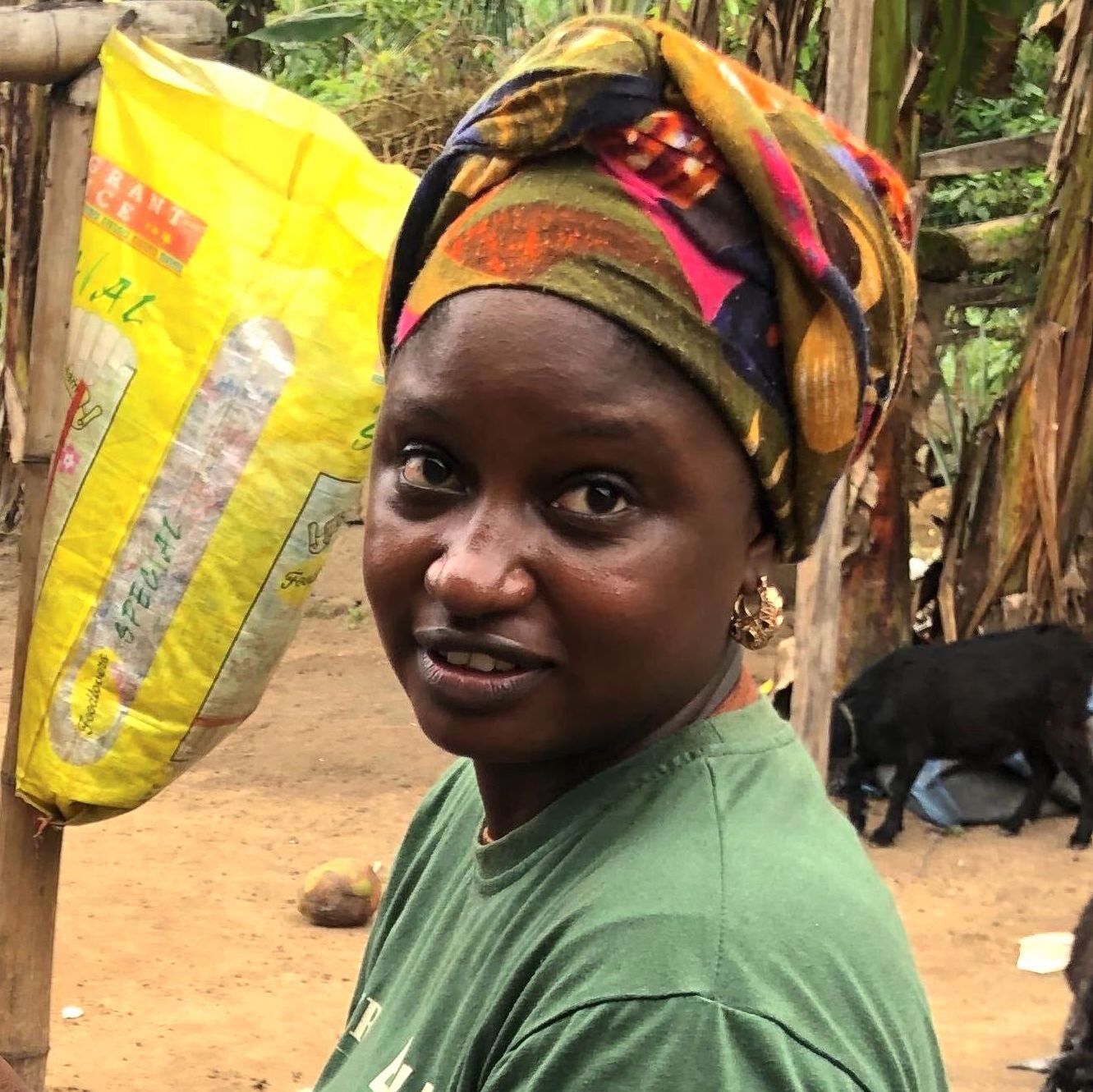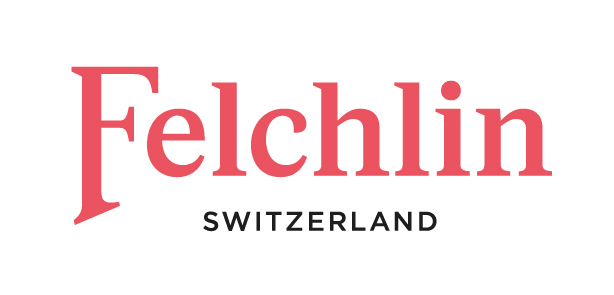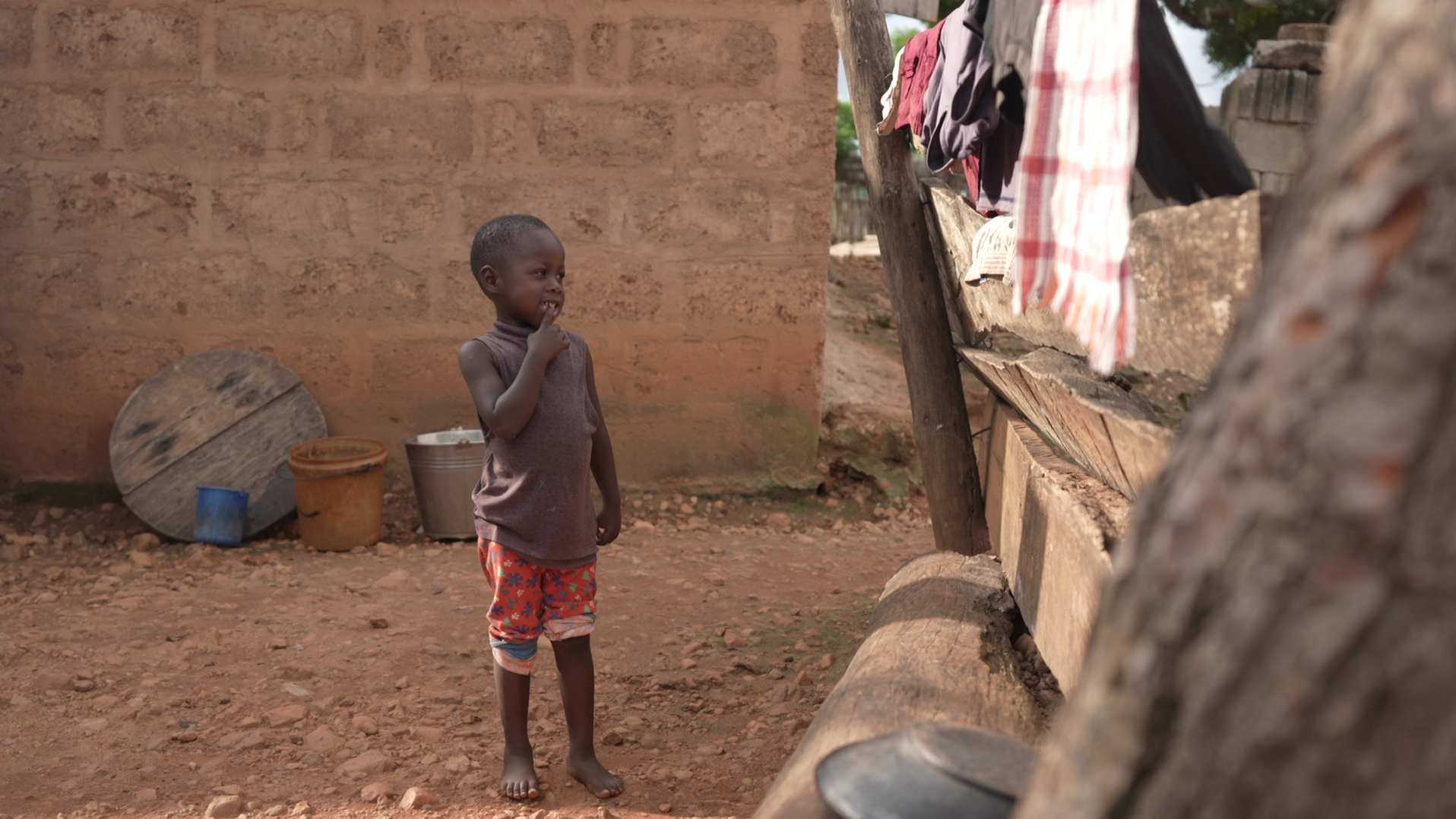Akwaaba
What the project is about
(This project is an extension of the Salama Mateza project that has been successfully implemented in Madagascar.)
Out-of-pocket payments for health are a major barrier to accessing healthcare for smallholder farmers. Health-related expenditures are a main driver for poverty, child labour, and gender inequality with women being disproportionately impacted by high costs of care, especially during months of pregnancy. Meanwhile, the upcoming EU and international human rights due diligence regulations require stakeholders in the cocoa supply chain to improve their sustainability and to provide granular information on the impact of their efforts in sourcing origins.
To this end, the Akwaaba project ensures financial access to healthcare and reduces the risk of catastrophic out-of-pocket expenditure for health among cocoa farmers in Suhum, Ghana. Data on health outcomes and other socio-economic parameters are shared on a digital platform to monitor the project’s impact.
What is done
Max Felchlin AG and their clients have committed to improving access to healthcare for the farming families they source from in Ghana by paying for the healthcare of 1’600 farming families. In collaboration with the social tech enterprise Elucid and the cooperative Yayra Glover Ltd, families are enrolled in: A) National health insurance coverage; B) Elucid Essential Coverage; C) Elucid Emergency Coverage. In collaboration with a network of community support agents and health workers, the farmers and their families are enrolled in the database and receive proof of their health coverage. They also have access to a mobile health wallet to save, send or spend money on health. When using health services, the beneficiaries then pay a share of the premium over their health wallet, and the project partners cover the remaining costs. In addition, regular community sensitisation is conducted and farming families are educated on essential health practices and specific health risks such as malaria.
To monitor project development and impact, the cooperative Yayra and chocolate manufacturer Felchlin have access to a real-time data dashboard. It includes health data that has been collected over the platform of project implementer Elucid and is shared in an aggregated manner in a restricted dataspace. In addition, social, economic, and geospatial data collected during pre-defined time points can be exported and made available for traceability solutions. Data is stored in a separate producer database and cannot be linked to individual health data. Data sharing is thereby compliant with upcoming sustainability reporting requirements.
New and innovative approaches of the project
Access to healthcare demonstrates a shared value opportunity that not only improves the health and livelihoods of farmers but increases a business's competitiveness, demonstrates social impact, and facilitates compliance. The project allows Max Felchlin AG to evaluate and proactively mitigate its supply chain due diligence obligations on a single platform. To this end, the project partners create a digital health system in sourcing origins that connects farmers, national healthcare providers, and global manufacturing companies. By joining such projects, the clients of Max Felchlin AG create a direct connection with the farmers, support the development of context-specific interventions that create measurable impact, and can use customer-specific data for impact reporting to differentiate themselves in the market.
What the project is expected to achieve
The goal is that 8’000 beneficiaries have access to comprehensive healthcare services at any point in time. Reducing financial barriers to healthcare supports farmer productivity, promotes gender equality and reduces the need to resort to destructive practices (such as child labour or deforestation) to cover the costs for health. In addition, the transparency of the digital system allows to monitor the impact of the project and allows companies to track data on health and socio-economic indicators that are required by the upcoming international and national regulatory requirements.

For me, being able to see the project’s impact in real-time is one of the things that make it special. Healthcare is a topic that is often overlooked although it has so much impact on farmers’ productivity and financial stability. With health at the core of what we do, we can have so much impact on other sustainability challenges such as food security, child labour, and even deforestation.
How it is ensured that the project has not only short-term, but long-term effects
With climate change disproportionally affecting the health and livelihood of many farming communities, it is now, more than ever, essential to implement projects that have a sustainable impact and benefit the communities in a holistic manner. Also, the mitigation of health risks is a key component of the upcoming ESRS regulations that require companies to transparently communicate about human rights due diligence in their supply chain.
To ensure the sustainability of this project beyond the initial project phase, several options exist: For example, A) a predefined amount of the cocoa premium could be paid directly to the health wallet of the household. B) Digital health savings groups could be established to allow a community-based contribution to the Elucid coverage. C) A matched-savings approach that allows for an ideal cost-sharing ratio of the Elucid Health coverage between producers and the manufacturer at the point of seeking care could be developed. The project partners will evaluate different options within the next years to come, while assessing the ideal share of costs between the producers and the manufacturers.
Organisations involved








